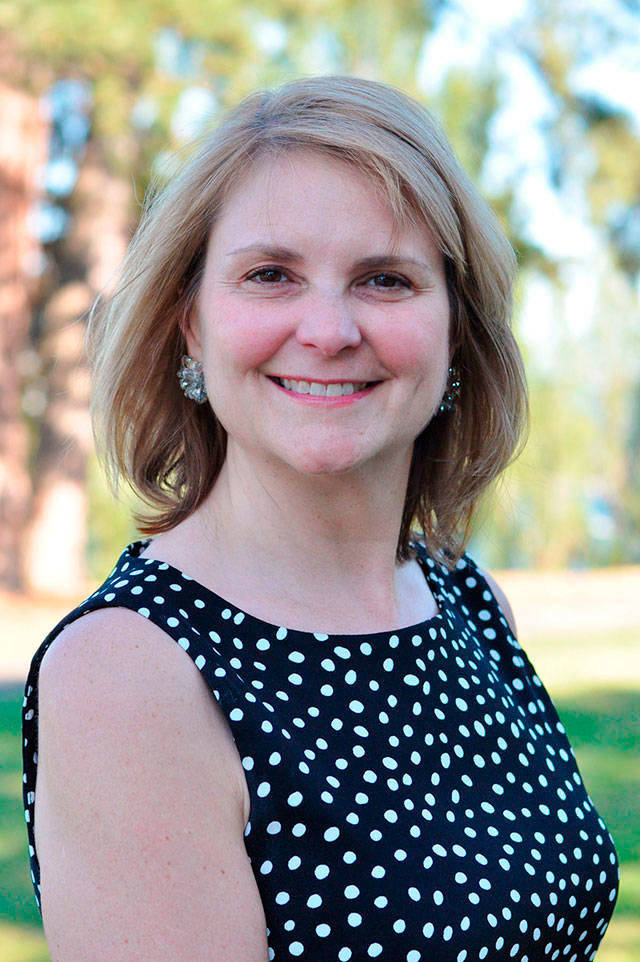Safe, stable, nurturing relationships and environments are the key to successful, resilient children. This is especially true in the first 1,000 days of a baby’s life and is the hallmark of a quality child care or preschool program. But how do you find this for your child or grandchild?
Long-range, follow-up studies have identified the most important features:
Great teachers: More education translates into better classrooms and care. Look for teachers/caregivers to have at least a bachelor’s degree and continuing education that enhances their care. Background checks should have also been completed, and a low turnover rate is important. Children thrive in relationships, but not as well if their teacher/caregiver changes every few months.
Great setting: Healthy and safe practices is a basic requirement. There are standards that should not be compromised. Licensed caregivers and Head Start staff are taught these requirements, then coached and held to the standard. Preschools in our state are not required to be licensed, but may be certified by an outside group such as the National Association for the Education of Young Children. Parents can assess these points with a check list from Child Care Aware and the American Academy of Pediatrics: “Is This the Right Place for My Child” — https://childcareaware.org/wp-content/uploads/2016/04/Eng_121m.pdf.
Safe sleep, proper cleaning and sanitizing, healthy nutrition and physical activity, hand washing, staff fully immunized even for influenza, safe playground and attention to environmental exposures will reduce accidents and illnesses.
For settings that care for infants, our state requires a child care health consultant to help implement these procedures and can help integrate children with special health care needs. Adult-to-child ratios that are adequately low help with better supervision.
Great care: Nurturing infants and young children is the single most important thing to build their resilience. Teachers/caregivers should be loving and responsive and available — another reason for low adult-to-child ratios. They should interact in a serve-and-return, back and forth, joyful way, building your child’s vocabulary and resilience. Everyday activities including feeding and handling challenging behaviors should all happen in this way.
But how do you find the perfect safe, stable, nurturing child care or preschool? Some people rely on recommendations from people they trust. In King County, our local Child Care Aware: Child Care Resources (www.childcare.org) have helped many of my patients find quality care. The Mercer Island Preschool Association is also helpful for settings on Mercer Island and hold an annual Preschool Fair (https://mipreschoolassociation.org/). Visit the setting, trust your instinct, support your teachers/caregivers.
Even though Michael Jackson sang “ABC, 123”, we know it takes more than that for quality early education and child care.
Dr. Danette Glassy, MD, FAAP, is a pediatrician at Mercer Island Pediatrics, providing a medical home for her patients for over 20 years. She is also an active child advocate working to improve the health and well-being of children and their families across the country. In this column she shares information of interest to families and caregivers as their child’s primary advocate. Information is her own view and not medical advice.



